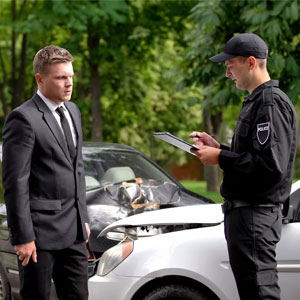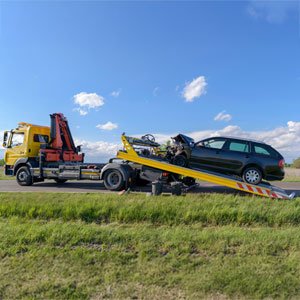Fifth Amendment Protects Against Disclosure of Cell Phone Use in Car Accident
Car AccidentsIn the case of Robert Aguila v. Marjorie Frederic, Case Number 3D20-0726 (Fla. 3rd DCA August 26, 2020), Florida’s Third DCA held that a defendant under a criminal investigation has a Fifth Amendment privilege against disclosure of cell phone use during a car accident.
Facts
Aguila struck and killed a pedestrian on a crosswalk in North Miami Beach. The police department opened a traffic homicide investigation and the case was described in the case as “unsolved.”
Frederic brought suit as the personal representative of the deceased for wrongful death. Thereafter, Aguila sought to stay the civil proceedings until the outcome of the criminal investigation and case was completed. Aguila’s request to stay the case was denied.
Because the case was not stayed, Frederic sought discovery against Aguila. In particular, she sought the telephone number, service provider, and production of cellular telephone logs for the hour surrounding the crash, including all incoming and outgoing calls, emails, and text messages.
Aguila filed an objection to the discovery and asserted a Fifth Amendment privilege against self-incrimination. The trial judge overruled Aguila’s objections and ordered Aguila to disclose the sought after information.
This appeal ensued.
Analysis and Advice
Quite simply, the Third DCA held that the Fifth Amendment does apply to such a situation where compulsion of testimonial communications (i.e. calls, text messages, and emails) are involved, citing the following:
“It is settled law that the privilege against self-incrimination may be properly asserted during discovery proceedings if the civil litigant has reasonable grounds to believe that direct answers to deposition or interrogatory questions would furnish a link in the chain of evidence
needed to prove a crime against him.” Rainerman v. Eagle Nat’l Bank of Miami, 541 So. 2d 740, 741 (Fla. 3d DCA 1989) (citing Pillsbury Co. v. Conboy, 459 U.S. 248, 266, 103 S. Ct. 608, 619, 74 L. Ed. 2d 430 (1983).
This is precisely why many civil litigants voluntarily choose to stay civil proceedings until the conclusion of any criminal proceeding. Normally a defendant subject to criminal charges will file a motion as happened in this case. After the criminal proceedings has been completed and double jeopardy applies, a claim against self-incrimination is no longer necessary or applicable and the civil case can move forward.
The good thing about this problem is that it is fixable in that the plaintiff can agree to a stay going forward. The parties could also simply remove the case from any trial dockets and then make sure that there is at least some record activity within one year until the case can move forward. The wheels of justice sometimes turn slowly.
Talk To A Florida Car Accident Lawyer
This case involved an obvious suspicion that the responsible driver was texting and driving. If you believe that your injury is a result of texting and driving or any other form of distracted driving, you should contact a car accident lawyer at Russo Law to discuss your case.
We offer a free consultation to determine how we can help. If your case is accepted, then there are no attorney fees or costs unless we recover money for you.


